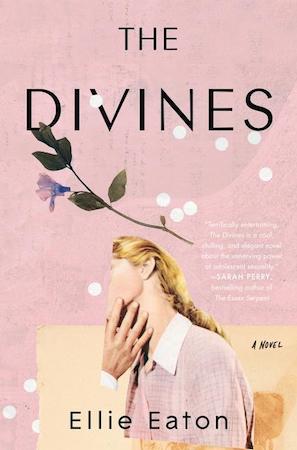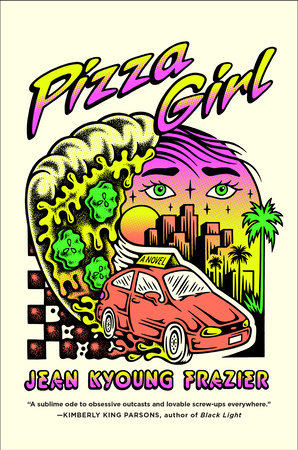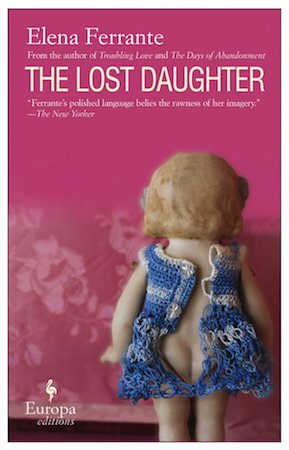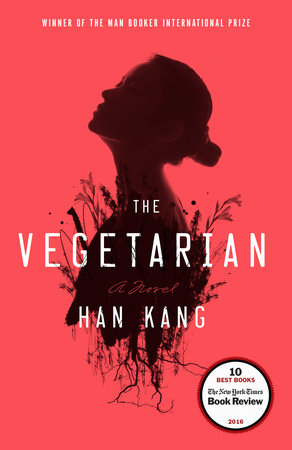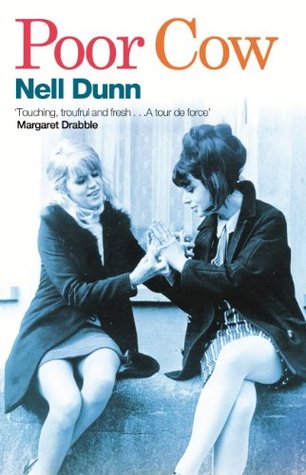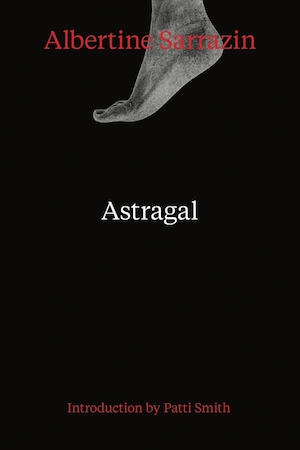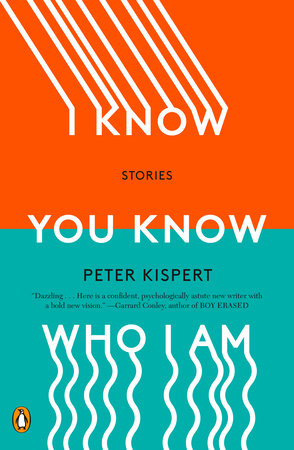If you enjoy reading Electric Literature, join our mailing list! We’ll send you the best of EL each week, and you’ll be the first to know about upcoming submissions periods and virtual events.
Despite a lifetime of being compulsively apologetic and avoiding conflict, my favorite fictional characters are just the opposite.
I’m drawn to the reckless and impulsive, those who refuse to toe the line. Perhaps even more so since the birth of my daughter, when there suddenly seem far fewer opportunities for heedless behavior. Instead, I live vicariously through the hedonism of others. Take Josephine, for example, the narrator of my debut novel, The Divines, who hides her past from her husband, books secret motel rooms, squirrels away a lockbox of explicit Polaroid pictures and holes up in a dive bar at nine months pregnant.
In this vein, the books on this list are an ode to the risk-takers and thrill-seekers in novels, the wild women (and men) who make some pretty questionable life choices, throwing caution to the wind so that we don’t have to.

The Diver’s Clothes Lie Empty by Vendela Vida
At some point, haven’t we all wanted to disappear? In The Diver’s Clothes Lie Empty, a woman’s backpack is stolen from her Casablanca hotel, stripping her of both her passport and identity. Faced with the prospect of returning to her old life—the regrets and bad decisions—she opts for reinvention.
Pizza Girl by Jean Kyoung Frazier
A pregnant pizza delivery girl becomes obsessed with one of her customers in this firecracker of a debut by Jean Kyoung Frazier. Downing cans of beer in her garden shed, Frazier’s loveable teenage narrator decides to follow her heart in the wake of her father’s death.
The Lost Daughter by Elena Ferrante
From Lila in My Brilliant Friend to Olga in The Days of Abandonment, Ferrante specializes in nonconforming women. In this slender thrill of a novel, Leda’s seaside vacation takes an unexpected turn when she steals a child’s doll from the uncouth family who threaten to interrupt her peaceful days on the beach.
Luster by Raven Leilani
Luster was a blazing light in the dark days of 2020. Leilani’s irreverent and imperfect protagonist, Edie, is a woman who acts on impulse. After starting a relationship with a married man, Edie sneaks into his family home, slugs milk from his fridge and, moments later, comes face to face with his wife. Sensual and provocative, this is a story about a young black woman—an artist—fighting to be seen.
The Vegetarian by Han Kang
“Before my wife turned vegetarian, I’d always thought of her as completely unremarkable in every way,” begins The Vegetarian, the story of a Korean woman who refuses to eat meat after experiencing a bloody dream. While foregoing pork might not seem overtly reckless at first, this is a tightly drawn story about female agency in a patriarchal world.
The Book of X by Sarah Rose Etter
Cassie was born with a knot, a genetic abnormality that led to her twisted torso. But that’s not the only unusual part of Etter’s story. In this surrealist gem of a novel about society’s obsession with female appearance, meat is harvested from a quarry by the menfolk. Bucking tradition, Cassie breaks through the gates in a visceral act of defiance, presses her cheek against the fleshy wall, lets the blood soak in.
Poor Cow by Nell Dunn
Published in the ’60s, Poor Cow is the story of a working-class London girl living on the edge of poverty, so “skint” she doesn’t even have a pair of knickers to wear. A perennial daydreamer, Joy’s husband is in jail and her lover’s a thief, but that doesn’t stop her looking for fun. “Men are terrific,” she announces, slapping on her pink lippy, heading to the pub to find one.
Astragal by Albertine Sarrazin
The astragalus is part of the ankle, the bone that Sarrazin’s teenage narrator shatters as she leaps from her jail cell in the opening scenes of this semi-autobiographical French novel. Anne is rescued by fellow criminal, Julien, and there begins this kaleidoscopic story of a woman on the lam.
I Know You Know Who I Am by Peter Kispert
I’m fascinated by liars—their audacity, their bravado—none more so than the fabulists in Kispert’s short stories. Take the man who pays an actor to play the role of his phoney best friend, or the narrator who dons a gold crucifix, faking religion to seduce a Catholic hunk. Kispert’s stories are as much about the lies we tell ourselves, as they are characters being willingly deceitful.

